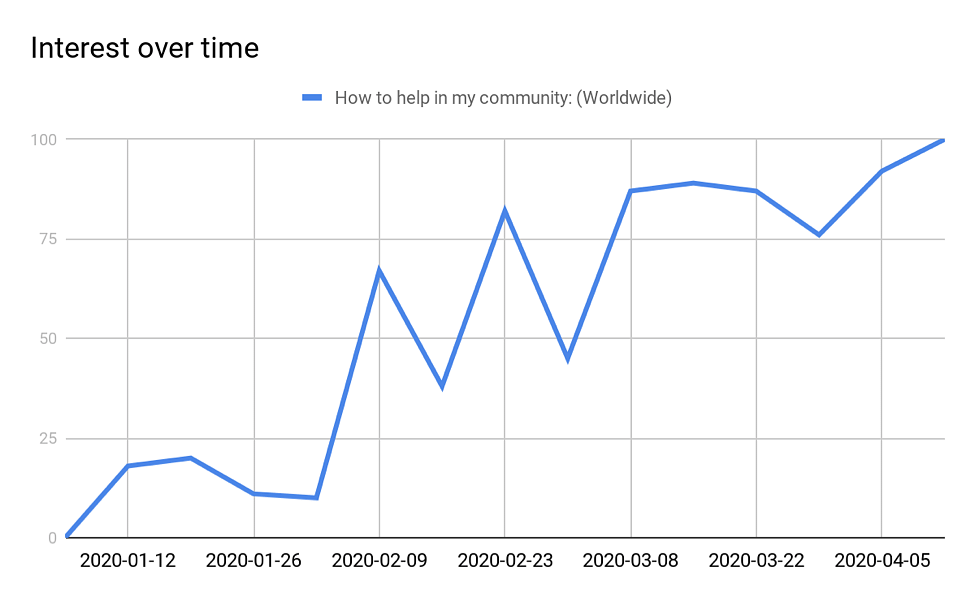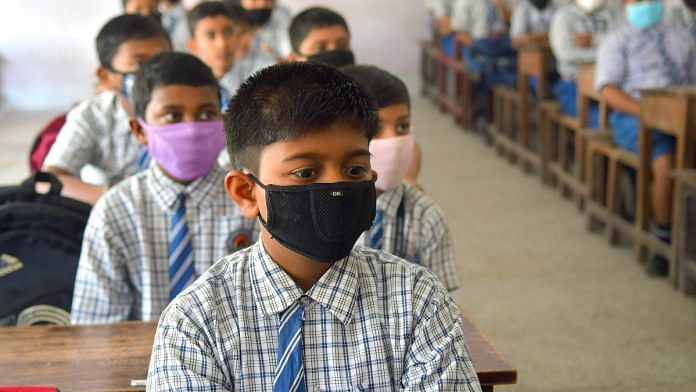We are all one! The present Covid-19 pandemic is making us aware of this fact. In spite of the richness in diversity across gender, race, religion, ethnicity, socio-economic status, we are, albeit with some exceptions, biologically and neurobiologically similar. The impact the novel coronavirus has had across 185 countries hammers this point home. This key message from nature comes at an opportune time when we are witnessing a rise in global issues such as xenophobia, intolerance, self-centred nationalism and the “us” versus “them” ideologies.
Change in mindset
A number of key lessons can be learnt from the coronavirus pandemic. The first is that collective action is a necessary condition. The close inter-connected nature of our present world suggests a synchronised global effort of lockdowns, development of a vaccine, provisioning of emergency medical supplies, food and shelter. To undertake these measures effectively, we must have a mindset change. One that is willing to ignore the personal costs for the benefit of others and the global society. A mindset that looks at the long run benefits and not the short run costs.
But this is not the first time we have faced a pandemic as we are facing now. The Spanish Flu in 1918 killed more than 50 million people in a less connected world of a global population of 1.3 billion. There is no doubt that we are doing much better now than in 1918. The presence of multilateral inter-governmental organisations such as the World Health Organisation (WHO) has helped in stemming the tide. However, we can do better and learn from the many of the shortfalls of our present organisations, institutions and priorities that have emerged during this crisis. A few of the many suggestions that have emerged are:
- Strengthen and improve our health care systems.
- Create social security nets for the marginalised and economically vulnerable segments of society.
- Replace our indicator of success from the misused Gross National Product (GNP) to a suite of indicators, each giving us an idea of how well we are doing across class — health (physical to mental), ecological and economic security well-being.
But these recommendations are not new. We have had these discussions and recommendations ever since the Sustainable Development Movement began in 1972 with the first Rio Summit. Nevertheless, I believe it is this virus that will bond us in a way that no previous incident has been able to. It has made us realise how vulnerable and dependent we are on each other for our well-being.
Empathy in trend
The good news is that there is a “wave” happening right now and we must capitalise it and mainstream it into our daily lives so that it becomes our natural instinct, not only in times of crises but at all times. We have witnessed a significant increase in the terms empathy and kindness across the internet.


Those are the two hottest trending words on social media. Believe it or not, humans as a species are born to be empathetic. We are eager to help fellow beings when in distress or danger. It is the environment that we create that changes our neural networks to foster fear, anger, and finally violence. However, recent research from the neurosciences shows how neural networks of compassion, empathy, and kindness can be built with training, just as we build competencies such as science, mathematics and others. Moreover, we also now know how acts of kindness release reward neurotransmitters in the brain and the feel good contributes to our own flourishing as well as that of others.
To summarise, the first step we must do is to make Social and Emotional Learning (SEL) — the formal process to make individuals empathic, compassion and kind — mandatory in schools. Second, we must formalise SEL training and refresher courses for all teachers, principals and education related decision makers. Third, we must formalise SEL training across all leadership programs. This systematic inculcation of SEL skills will trigger the mindset change we desperately need to build a peaceful and sustainable world. This wont happen overnight but a systematic start is necessary.
The author is the director of UNESCO Mahatma Gandhi Institute of Education for Peace and Sustainable Development and is a science-policy pacesetter, with over 33 years of experience in driving education for peace, sustainable development and global citizenship. Views are personal.



